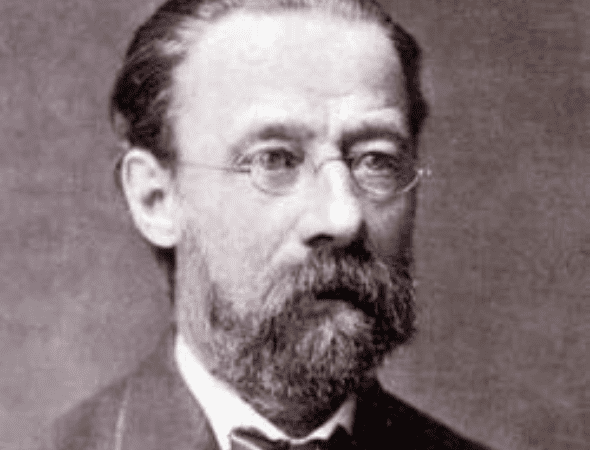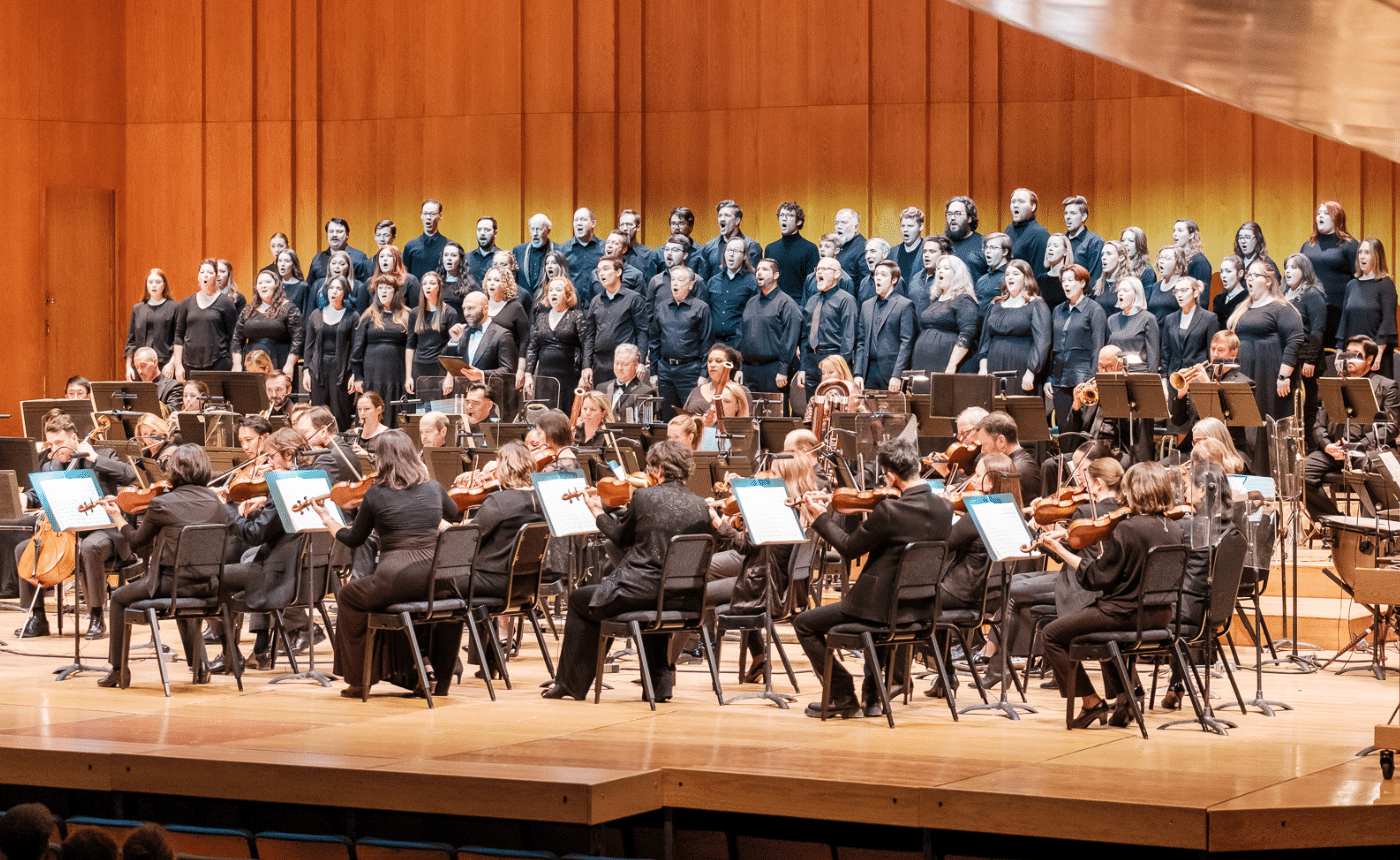SMETANA: Šárka from Ma Vlast
by Jeff Counts
THE COMPOSER – BEDRICH SMETANA (1824-1884) – If Dvorak is rightly credited with bringing Czech classical music to the wider world, Bedrich Smetana must be acknowledged as the man who fully established it at home. These two musicians, the King and Crown Prince of the Czech orchestral and operatic ethos, were not the first to write music that centered Czech language and folk tradition, but Smetana was the first to wholly embrace the distinctly national voice of his people. It wasn’t always so. Born into a German-speaking household, his early professional life reflected an obsession with a Hungarian giant (Liszt) and a job in Sweden, but Smetana returned “home” to Prague for good in 1862.

THE HISTORY – Smetana was forced to step down as Principal Conductor at the Prague Theatre in 1874, thanks to that most cruel (and famous) of composer ailments – deafness. It was only partial at first, his hearing loss, but it soon became complete, and permanent. Of course, this sad fate brings Beethoven to mind. Much like that older master, Smetana continued to write music he would never be able to hear. Má Vlast (My Country) was a cycle of tone paintings composed over a period of five years from 1874 to 1879. This pictorial and historical tribute to Bohemian pride fully fixed Smetana’s legacy among his countrymen and provided the rest of us with one of the most popular orchestral works to come out of any culture. Vltava (The Moldau) is the second of the six pieces and far and away the most popular today. It is also the only one you are likely to hear outside of the complete Má Vlast, which is rare enough itself these days. This makes an independent performance of Šárka (third in the set) an uncommon treat indeed. The music for this poem was completed in February of 1875 and, rather than take the listener on a patriotic river cruise, Šárka recounts an ancient and bloody Czech legend. Šárka was a female warrior in The Maiden’s War, a mythical battle between women and men in 8th century Bohemia. As lieutenant to Vlasta, the leader of the women’s revolt, Šárka is beautiful, of course, but also ruthless and clever in pursuit their goals. In Smetana’s own retelling of the tale, “Šárka ties herself to a tree as bait and waits to be saved by the princely knight Ctirad, deceiving him into believing that she is an unwilling captive of the rebelling women. Once released by Ctirad, who has fallen in love with her, Šárka serves him and his comrades with drugged mead and once they have fallen asleep she sounds a hunting horn: an agreed signal to the other women. The story ends with the warrior maidens murdering the sleeping men.” It’s brutal stuff, and Smetana’s music does the drama true justice from the first notes to the last.
THE WORLD – Elsewhere in 1875, the first indoor hockey game was played in Montreal, the first Kentucky Derby occurred in the United States, Tonga became a constitutional monarchy and a British officer invented the pool variant known as Snooker while stationed in India.
THE CONNECTION – Music from Má Vlast was last performed by Utah Symphony in March 1994 under the direction of Joseph Silverstein.











